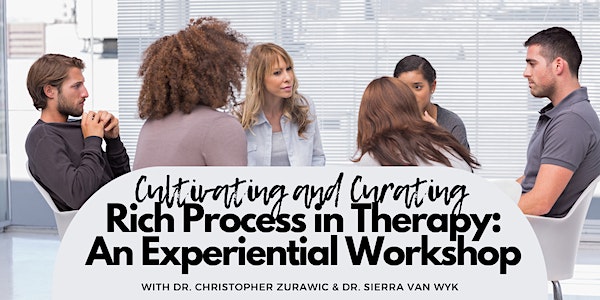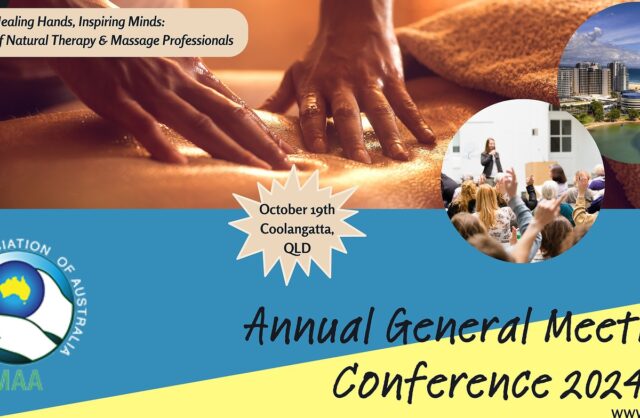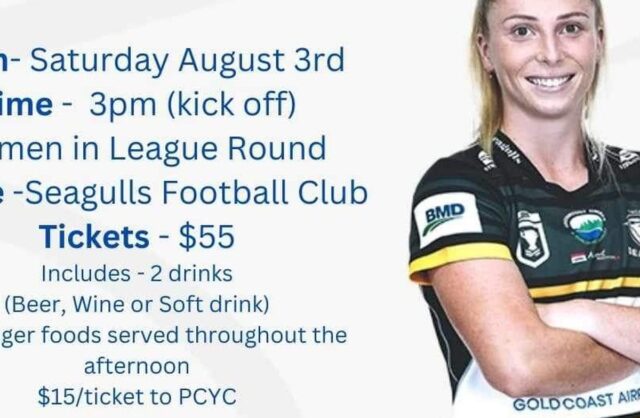Cultivating and Curating Rich Process in Therapy: An Experiential Workshop

Details
This is an experiential and didactic workshop that explores ways to develop engaging, stimulating, and meaningful processes in therapy.
After such great feedback from all those who participated in the March and June Workshops, we are really excited to announce the next opportunity to attend in December 2023!
Overview
Join Dr. Christopher Zurawic and Dr. Sierra van Wyk as they guide therapists to explore key ingredients that make therapy a rich and valuable investment. As part of this, participants will engage in 2x 90-minute process groups. The experiential component of the workshop provides therapists of all levels with an opportunity to engage with and explore their own relational processes in a group setting. This is followed up with applied learning modules that will focus explicitly on the process-oriented aspects of therapy by incorporating core theory with examples gleaned from the day’s groups.
Learning Outcomes
1. Understanding “Process”: Participants will grasp the core concept of the here-and-now process, and will be able to identify its key components and significance related to fostering vital growth in clients.
2. Direct Group Participation: A major component of the workshop is experiential. Participants will experience first-hand the transformative power of process within a group of other professionals. Participants will reference this deep process immersion in the learning components in order to make the material truly “come alive”.
3. Facilitate and Deepen the Process in Therapy: Participants will gain insights into effective facilitation techniques that encourage a focus on the group process and promote open communication through optimal safety and excitement. Participants will learn how to get their clients deeply engaged in process, inclusive of such elements as difficult communications, constructive conflicts, and meaningful emotional exchanges.
4. Utilizing Feedback: Participants will learn the importance of giving and receiving direct and constructive feedback within a group context. They will understand how direct feedback leads to two main therapeutic benefits of process, where clients learn how they are perceived and increase their abilities to express themselves.
5. Integrating Conflict: Participants will learn how process-informed therapy incorporates conflicts, misunderstandings and hurts. Participants will develop strategies for addressing conflicts within a group constructively, leading to enhanced interpersonal therapeutic encounters that translate to the “real world”.
6. Finding Oneself in Others: Participants will learn about how deeply intersubjective the self is, and how to recognize the impact that others always have on “who we are”. Participants will enhance their ability to engage in meta-communication – discussing the group’s communication and interaction dynamics – to enhance reflection, growth, and cohesion.
What is Process Group Therapy?
Process group therapy provides group members the opportunity to have relationships with others in a therapeutic setting. Grounded in existential, interpersonal, and psychodynamic theories, process groups are significantly different to the skills-based and educational therapy groups that are typically seen in the Australian context. The aim of these groups is for participants to explore their here-and-now experiences of being in relationships with other group members and to examine what gets activated in the room as those relationships develop over time. Within the therapeutic space, participants in process group therapy give and receive feedback, have opportunities to learn through imitation and play, and develop an awareness of the acceptability of their previously shameful experiences. As self-awareness deepens and members continue to navigate intimate spaces, they can identify their own patterns in relationships and have the opportunity to test out new ways of being. In this way, process group therapy aims to support participants to “refresh the lens” through which they experience others, become more comfortable in close relationships, develop an awareness of their being in the world, and accept responsibility for the relational world they create.
Level of Learning
Appropriate for all clinicians with an interest in:
- Process oriented aspects of therapy
- Group therapy,
- Interpersonal therapy
- Existential therapy
- Relational and group analytic concepts, and
- Working in the here-and-now of therapeutic relationships.






















